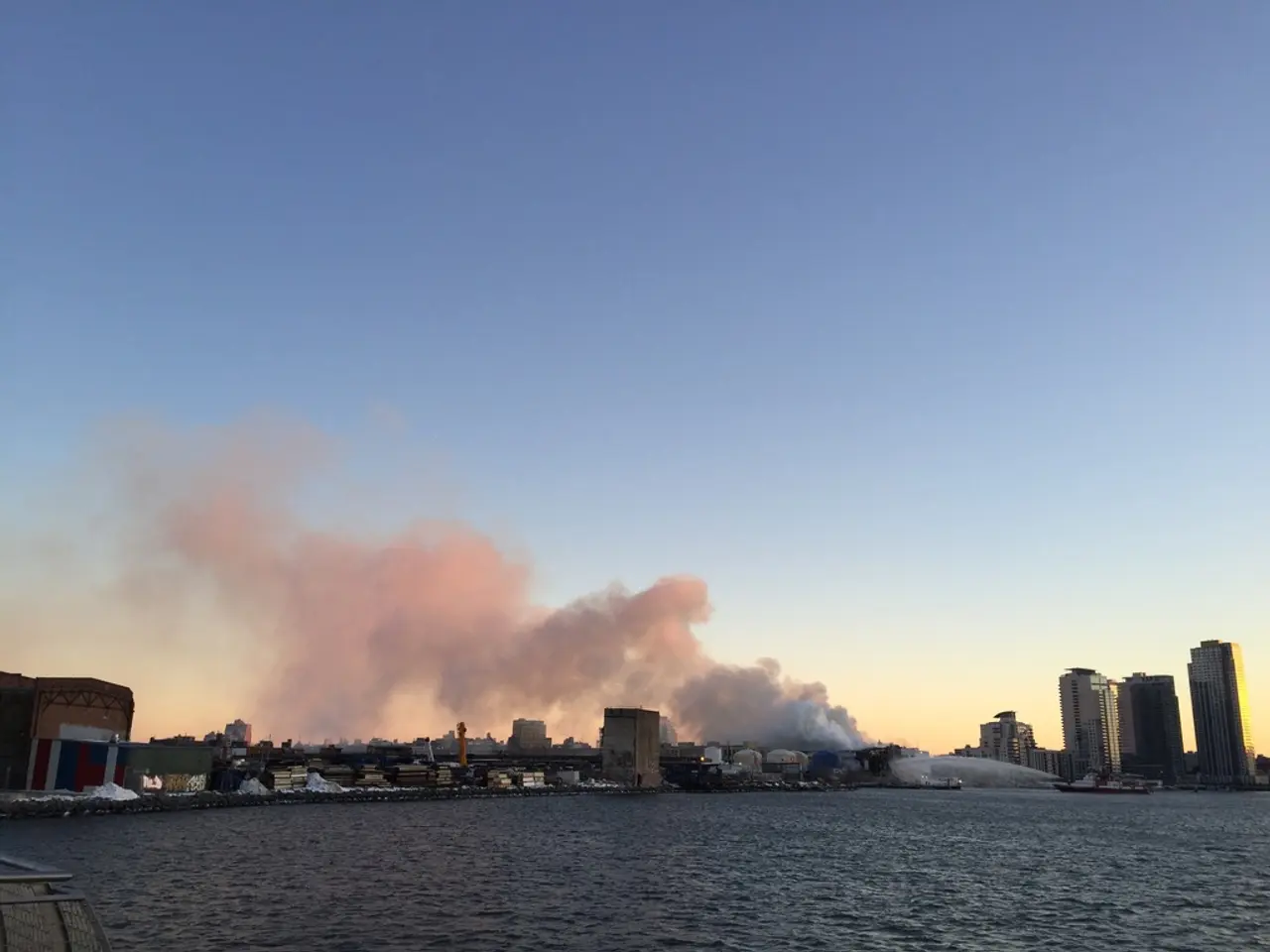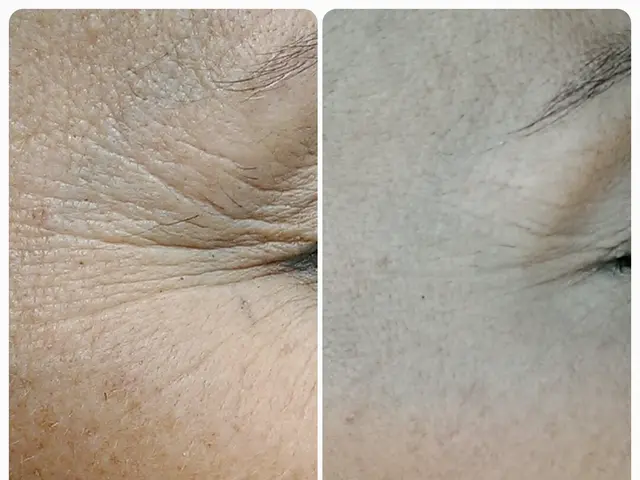"Emotional Debate Erupts": Expansion of Beach Smoking Prohibitions in the Baltic Sea Region
================================================================================
In the picturesque coastal region of Mecklenburg-Vorpommern, the issue of smoke-free beaches has been a topic of discussion for many summers. While the designation of non-smoking beach zones varies across different tourism destinations, some areas have taken significant steps towards creating smoke-free environments.
In Binz bay, five active beach areas and three large family beaches are officially smoke-free, providing a breath of fresh air for visitors. This decision, made with the aim of maintaining a clean and healthy environment, has been well-received by many. Göhren on Rügen, one of the first places in Germany to create smoke-free beach sections in 2010, is a prime example.
However, not all areas follow suit. In Boltenhagen, Rerik on the Mecklenburg Baltic coast, and on Usedom, no non-smoking areas exist. Beach ashtrays are distributed in these locations, allowing for a more flexible approach to smoking on the beach. Each municipality decides within the framework of municipal self-government about the type of beach use it wants to provide.
The topic of smoke-free beaches is a "very emotional topic that sparks discussions every summer" in Göhren, according to Alexander Stein, from the Göhren tourist administration. Despite this, there are currently no plans to expand the smoke-free beach sections in Göhren. Complaints about smoking on beaches are at a very low level, suggesting that the current measures are effective.
Interestingly, the creation of non-smoking beach sections in Göhren has resulted in positive experiences for the tourist administration. Alexander Stein stated that the creation of non-smoking areas is particularly well-received by families who rent beach chairs.
Elsewhere, Prerow is considering smoke-free beach sections at its next meeting, following in the footsteps of Göhren. The impact of the smoking ban in public areas in France, as shown in Prerow, indicates that such a decision could lead to a cleaner and healthier environment for all.
In Rostock, smoke-free beach sections can also be found, adding to the growing number of smoke-free beach zones in the region.
Birgit Hesse, president of the Mecklenburg-Vorpommern tourism association, believes that addressing the issue of smoke-free beaches can be sensible in the context of protecting families with children. As more and more destinations consider smoke-free zones, it seems that the landscape of Mecklenburg-Vorpommern's beaches is set to change.
However, it is important to note that while some tourism accommodations in Mecklenburg-Vorpommern maintain smoke-free policies, there is no precise publicly available information in the search results about official smoke-free beach zones and their distribution in this region’s tourism destinations. For detailed and up-to-date status, consulting local government or tourism boards’ official resources would be advisable.
- In light of the successful implementation of smoke-free beach zones in Göhren and Rostock, which have led to a cleaner and healthier environment, other tourism destinations in Mecklenburg-Vorpommern are considering following this example, such as Prerow.
- The growing trend of promoting health-and-wellness and maintaining a clean environment on Mecklenburg-Vorpommern's beaches has led to an increase in science-based discussions about smoke-free beach sections, as seen with the impact of the smoking ban in public areas in France.




